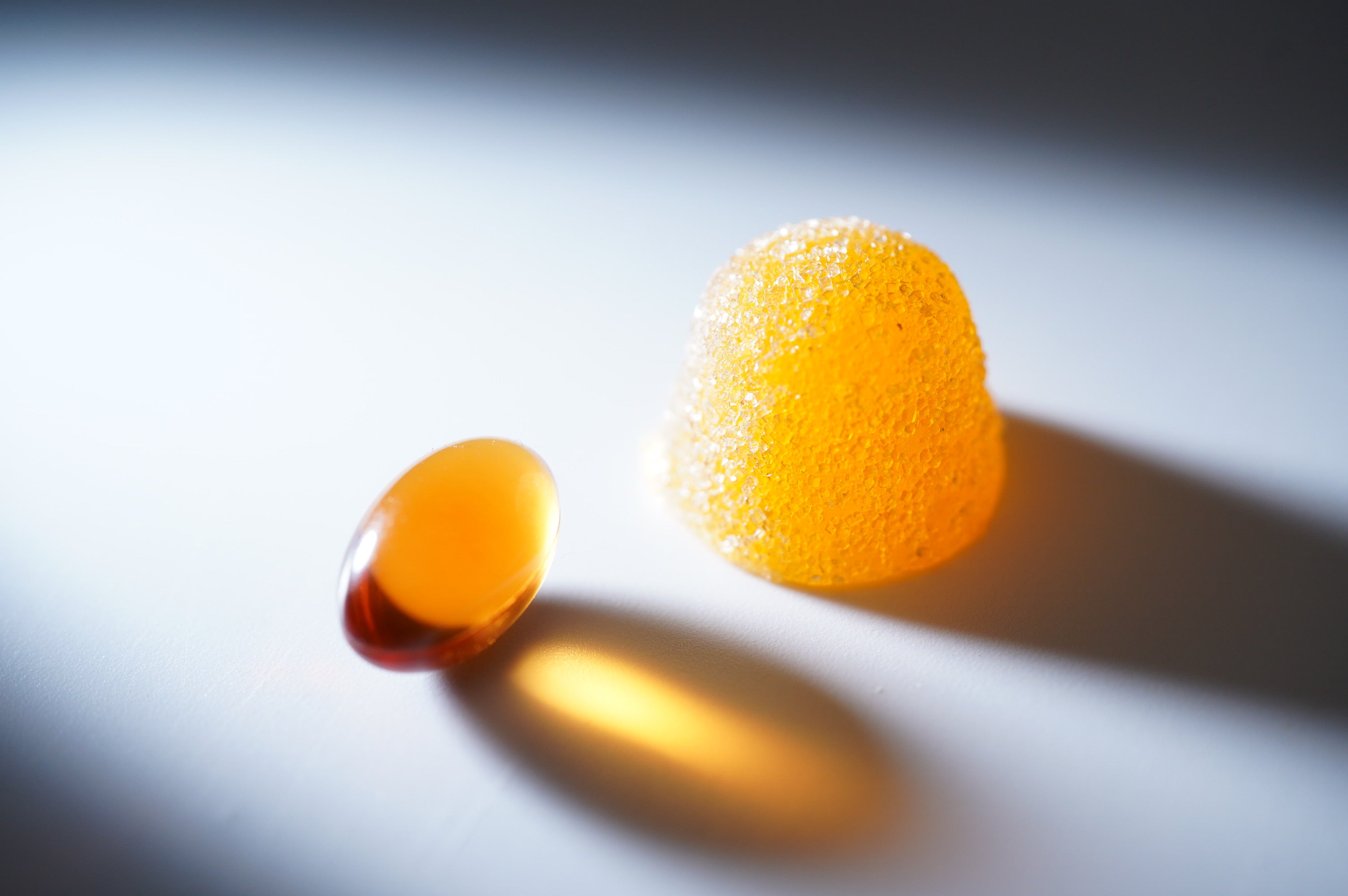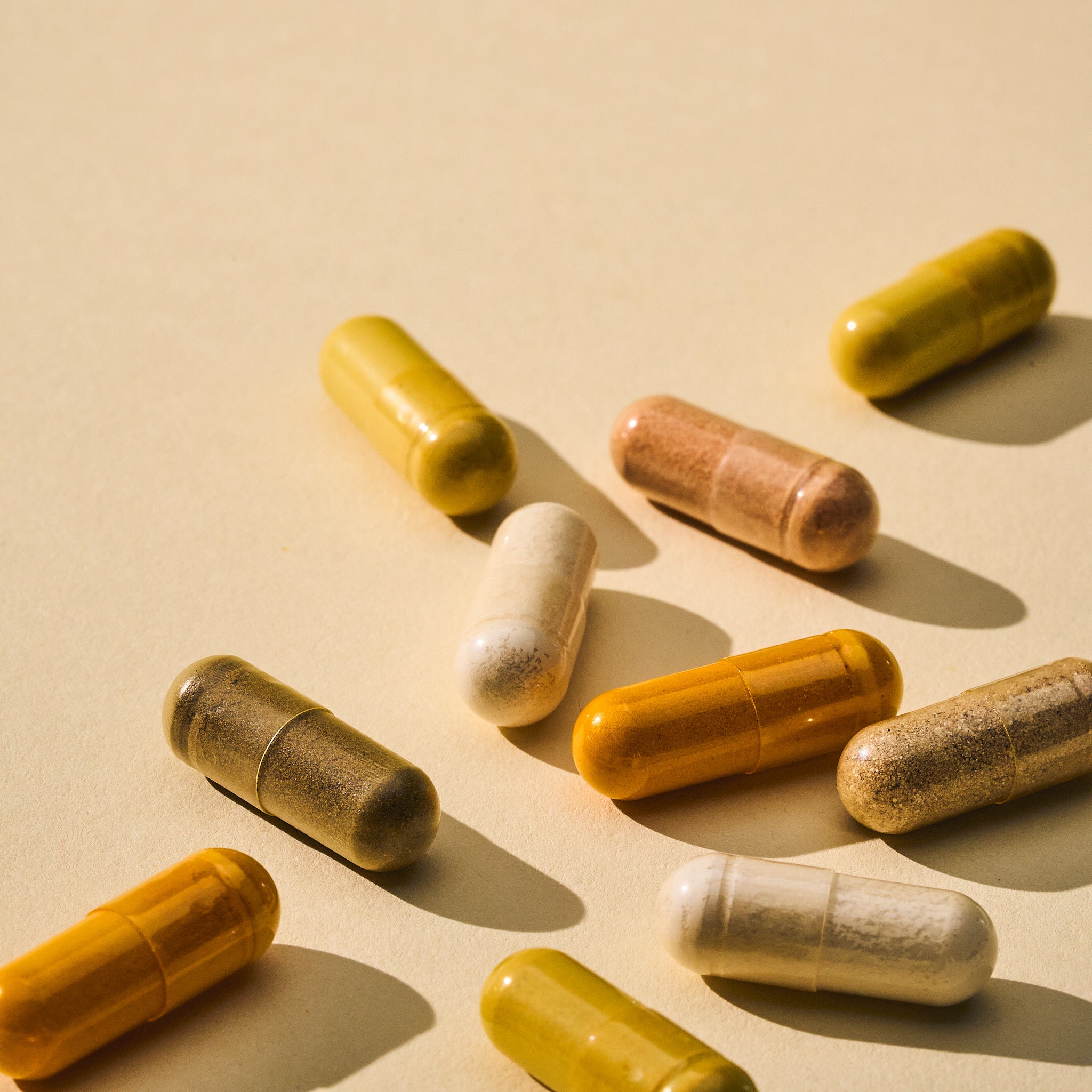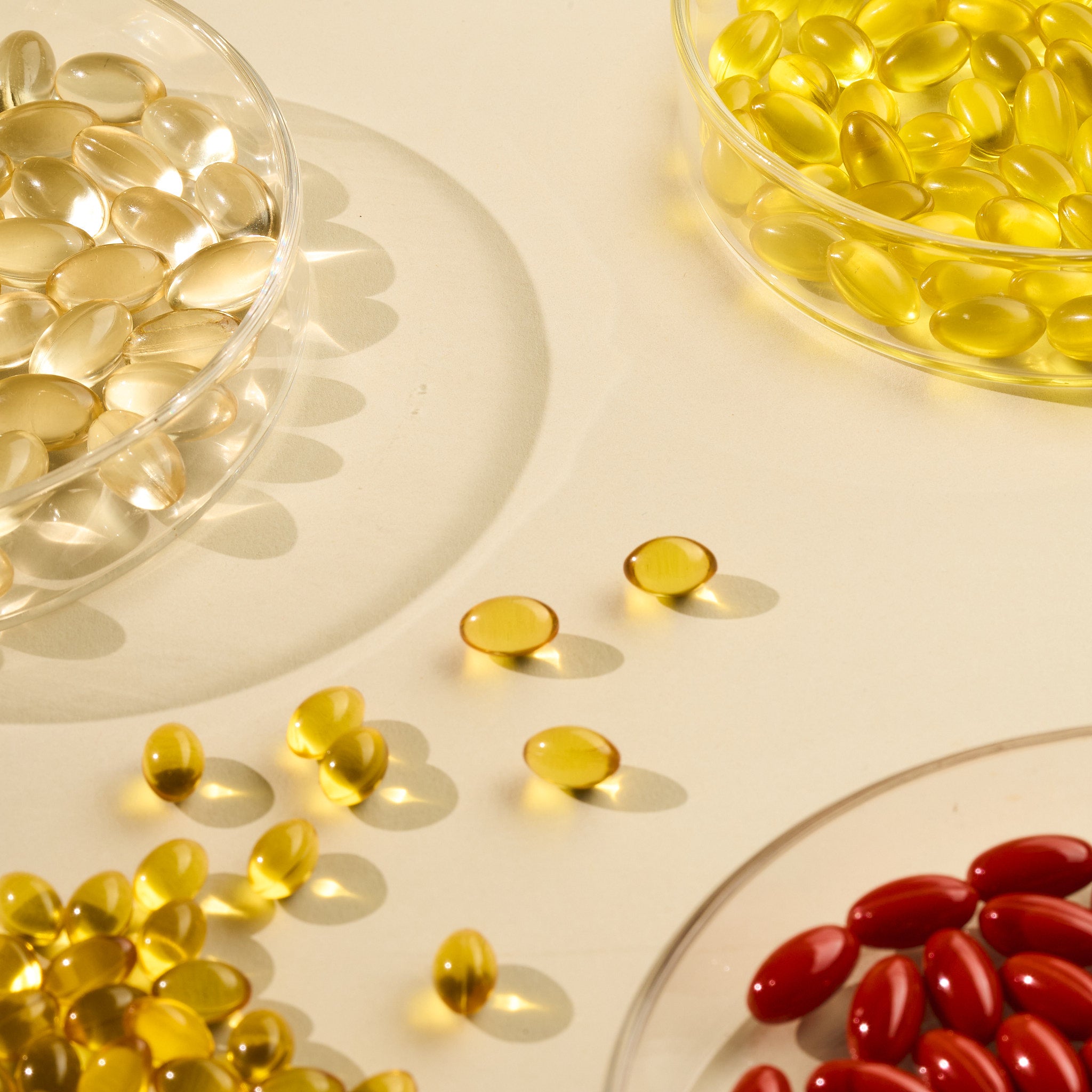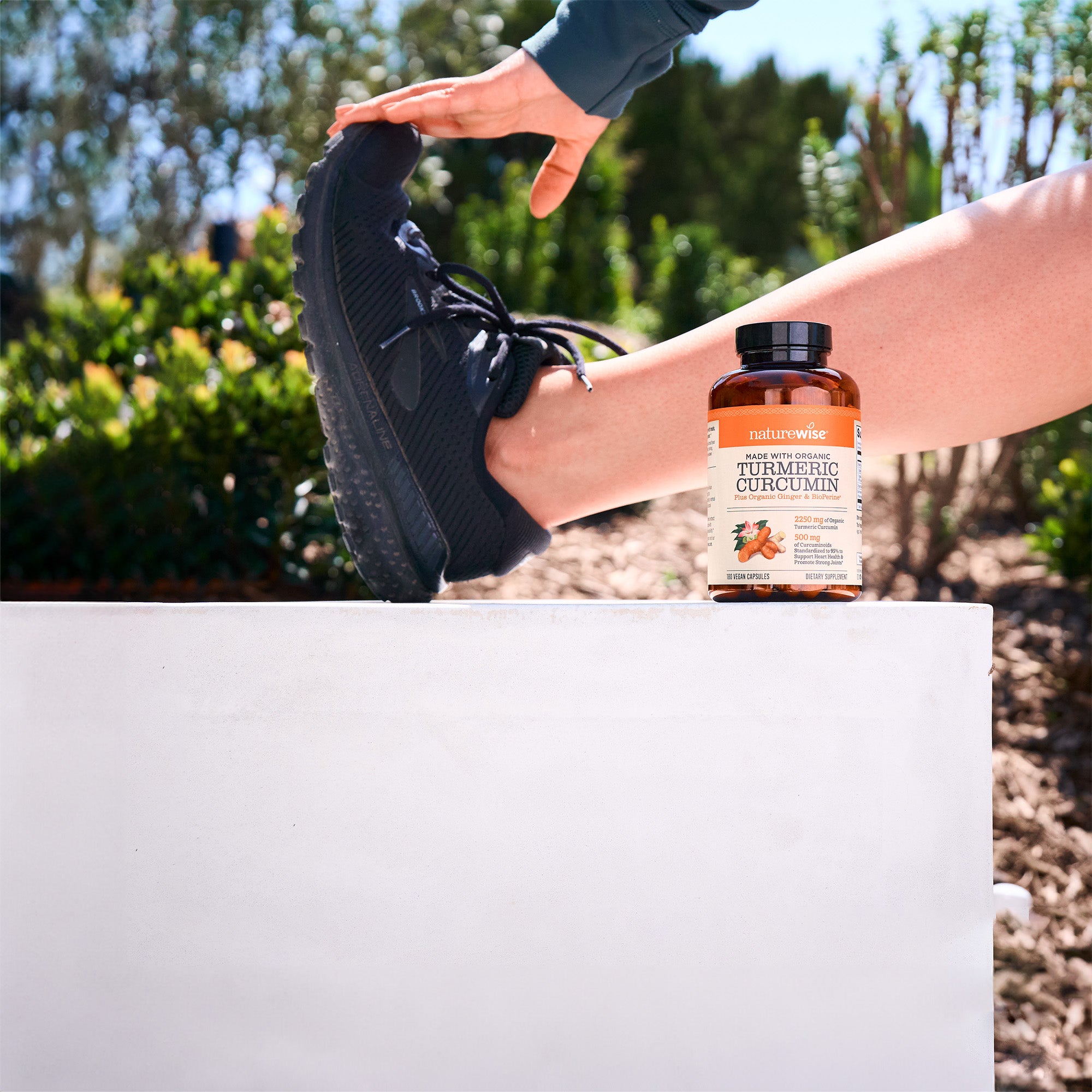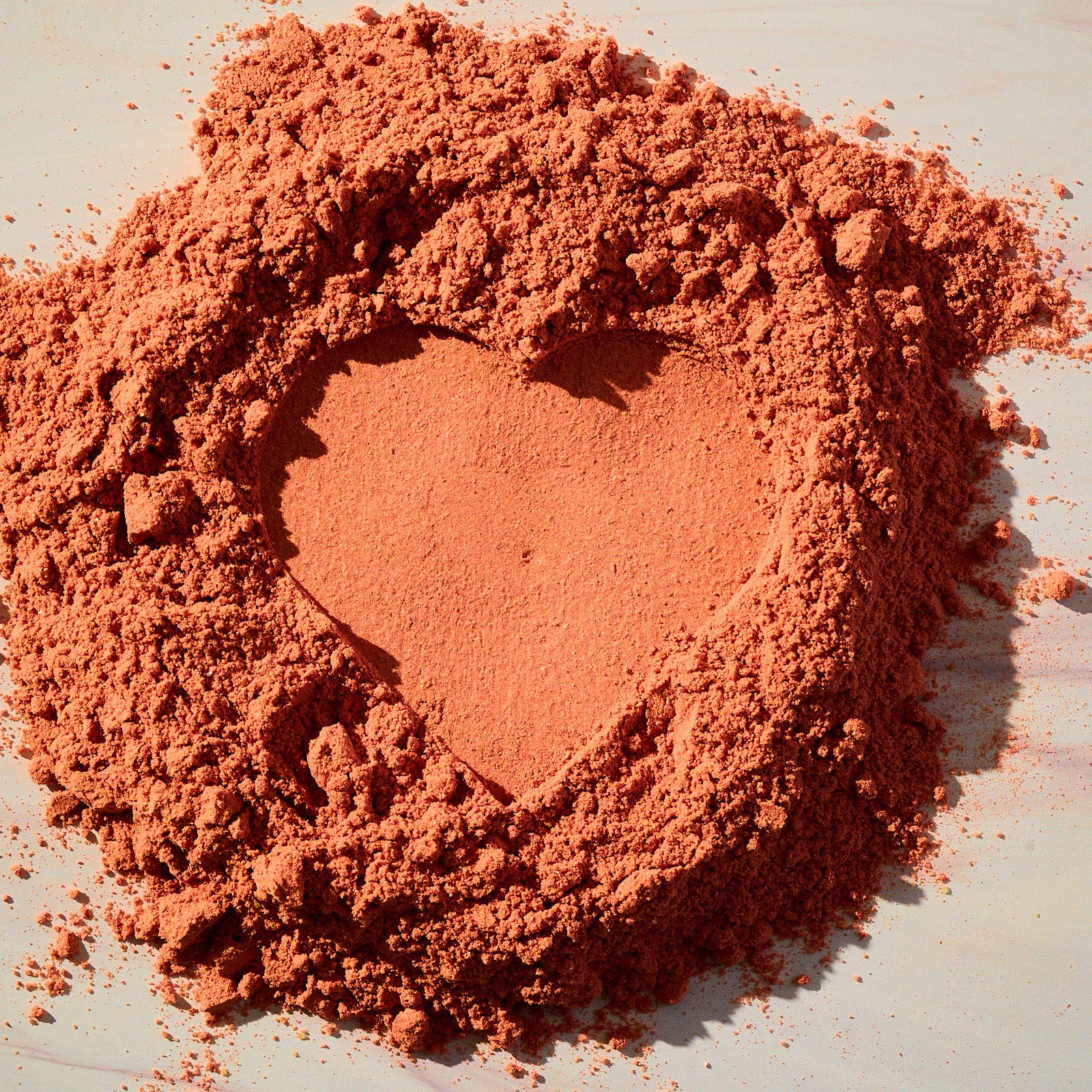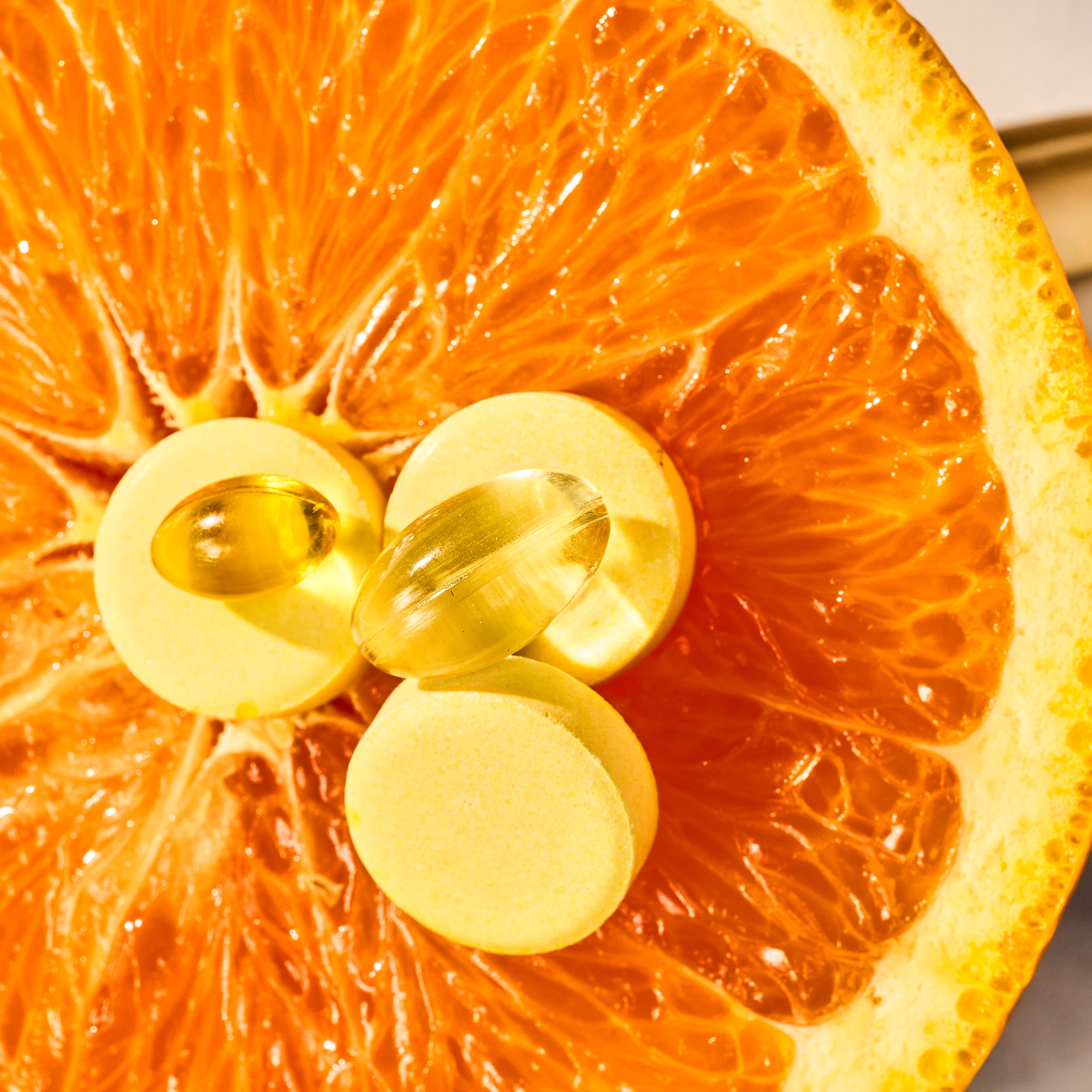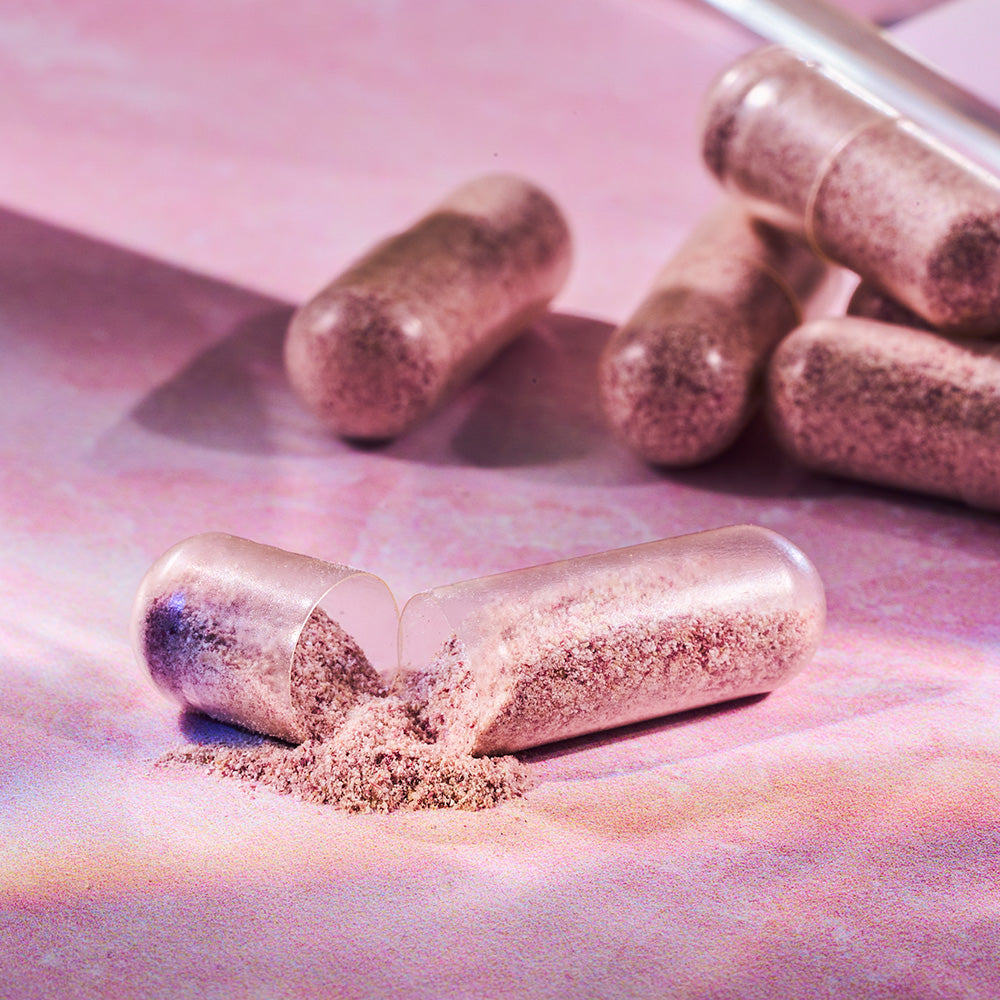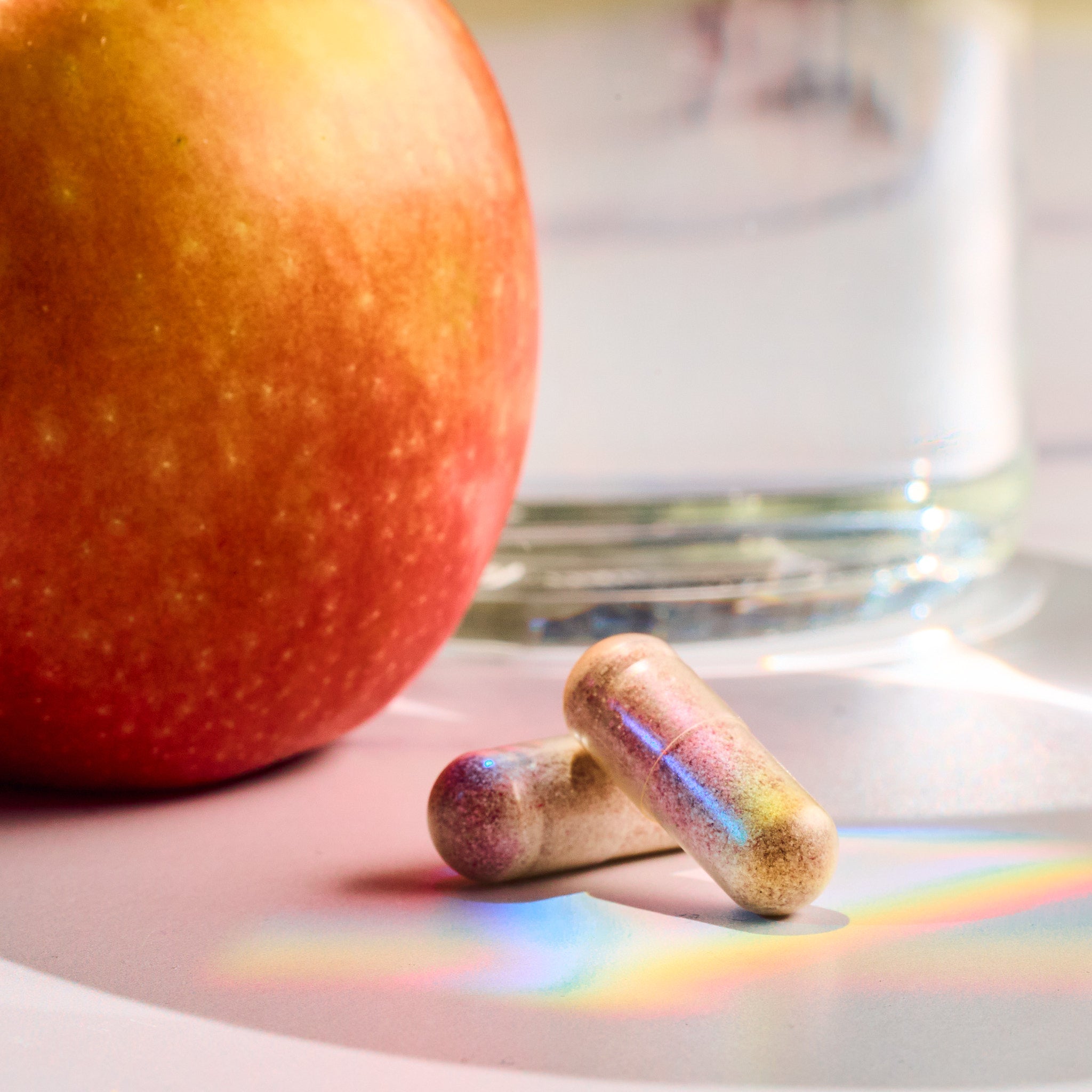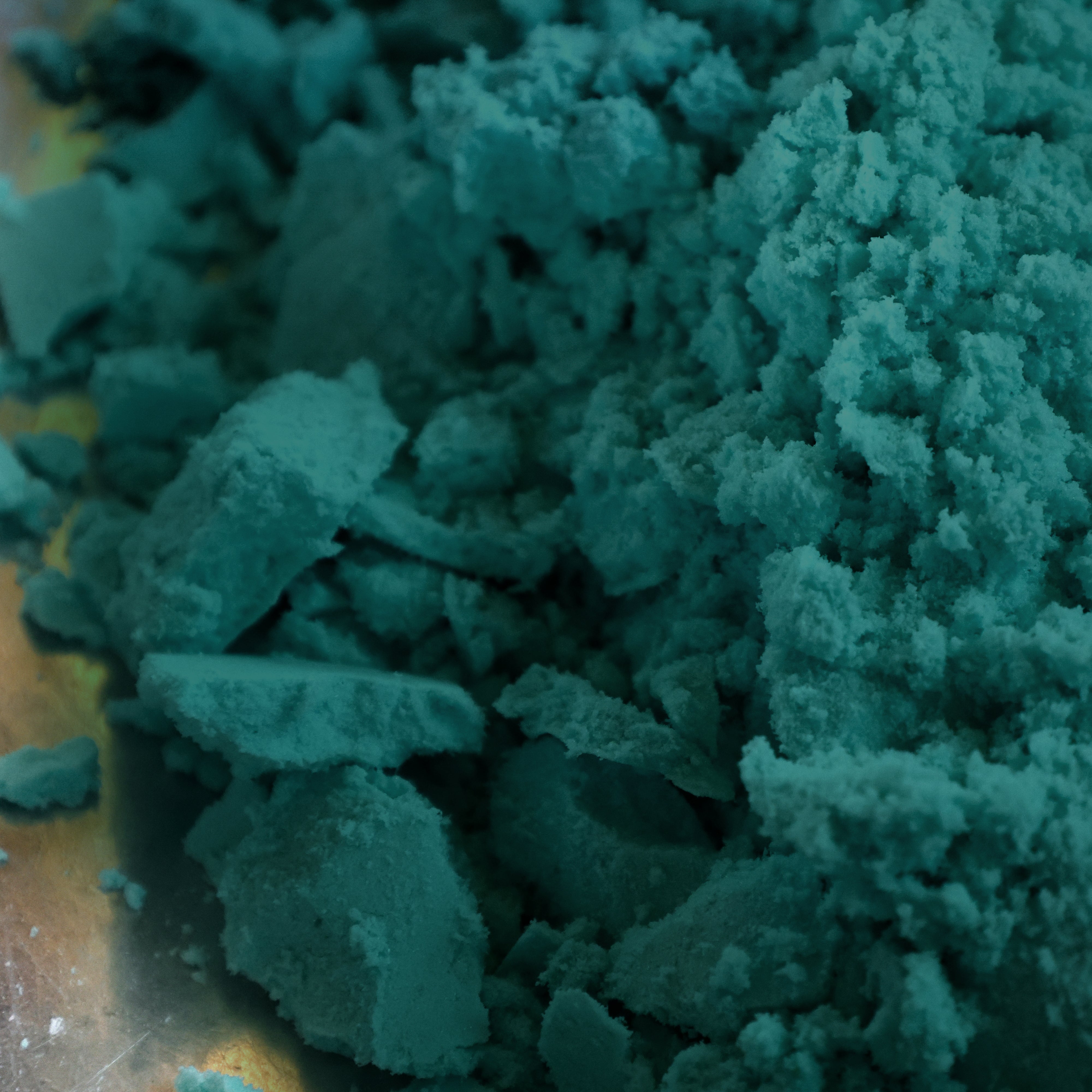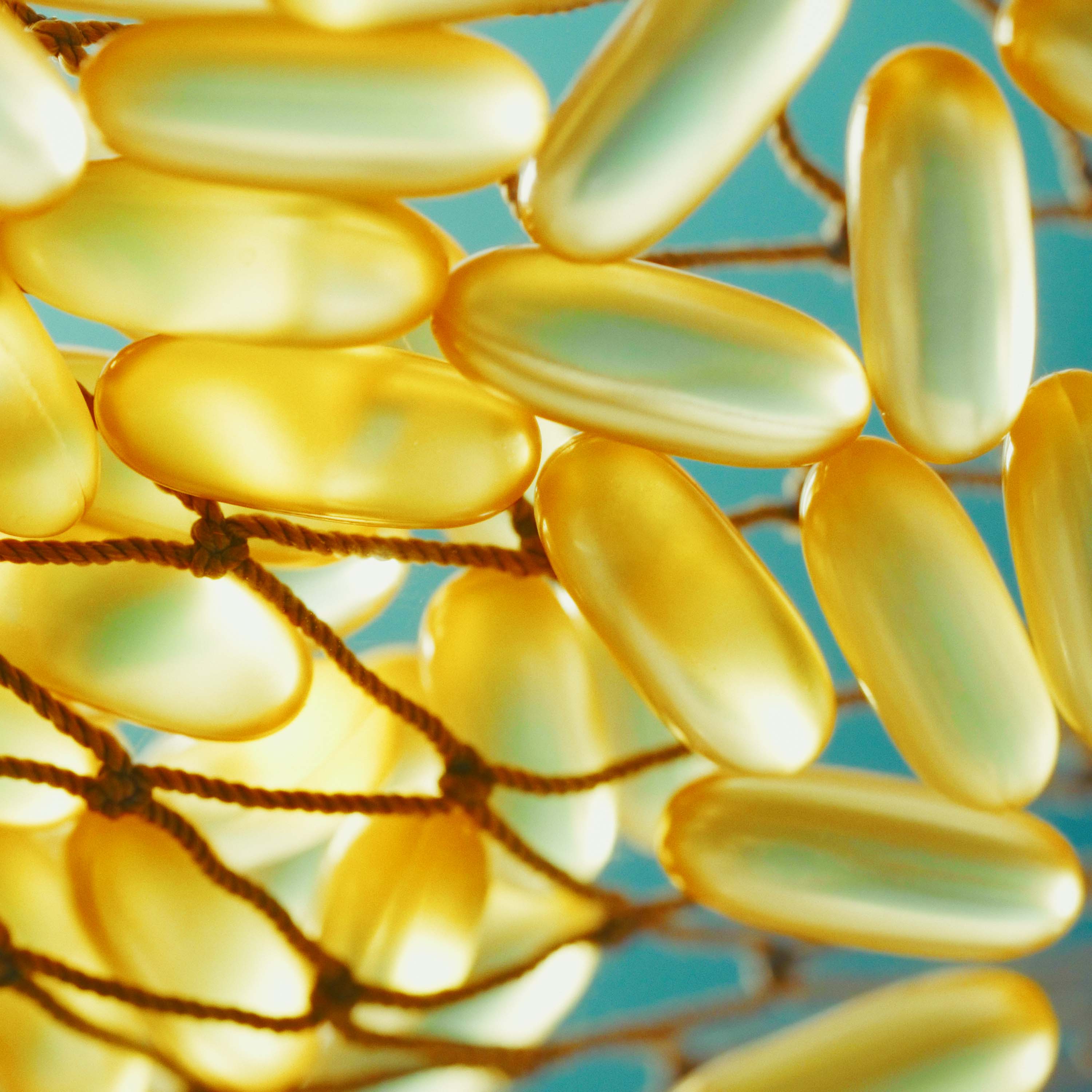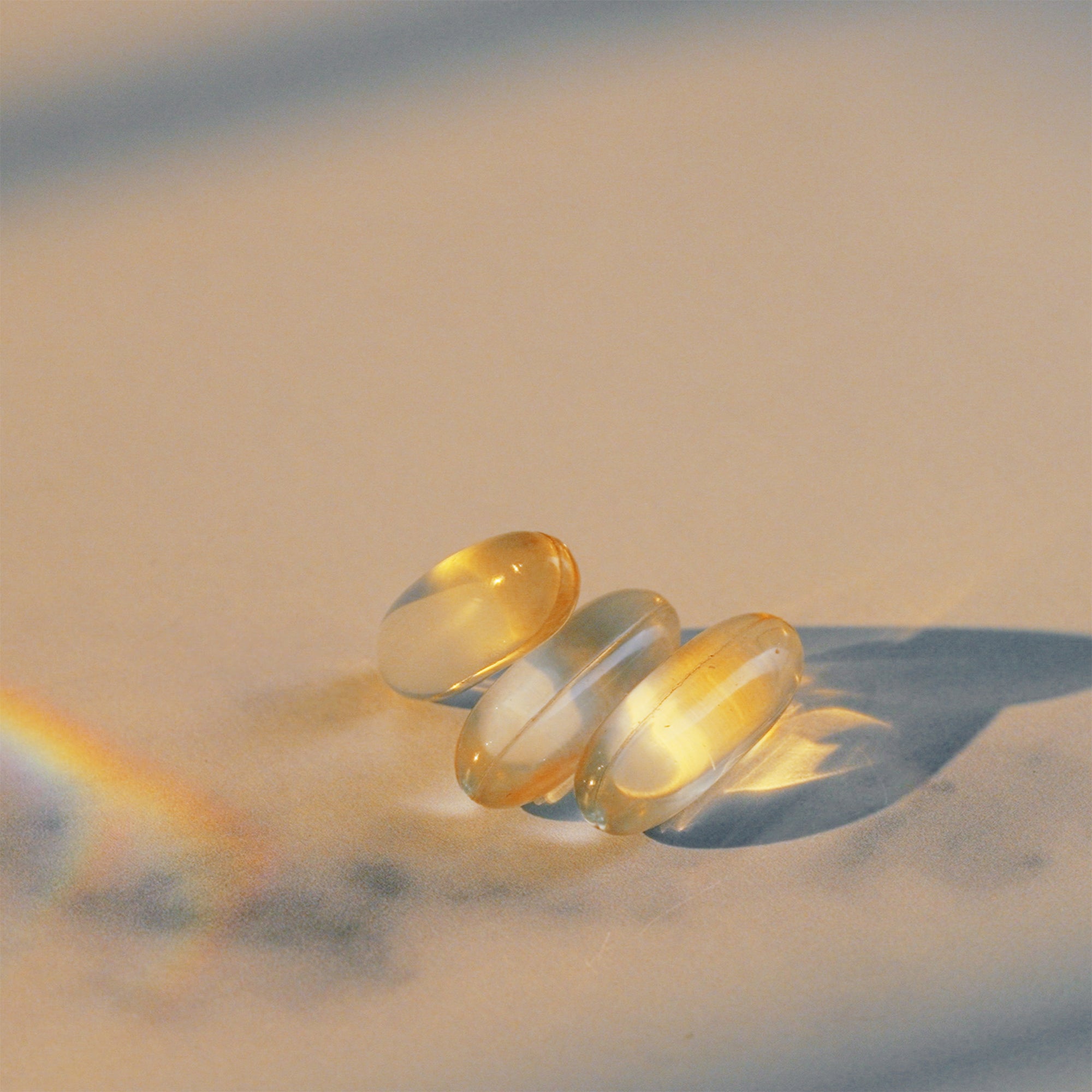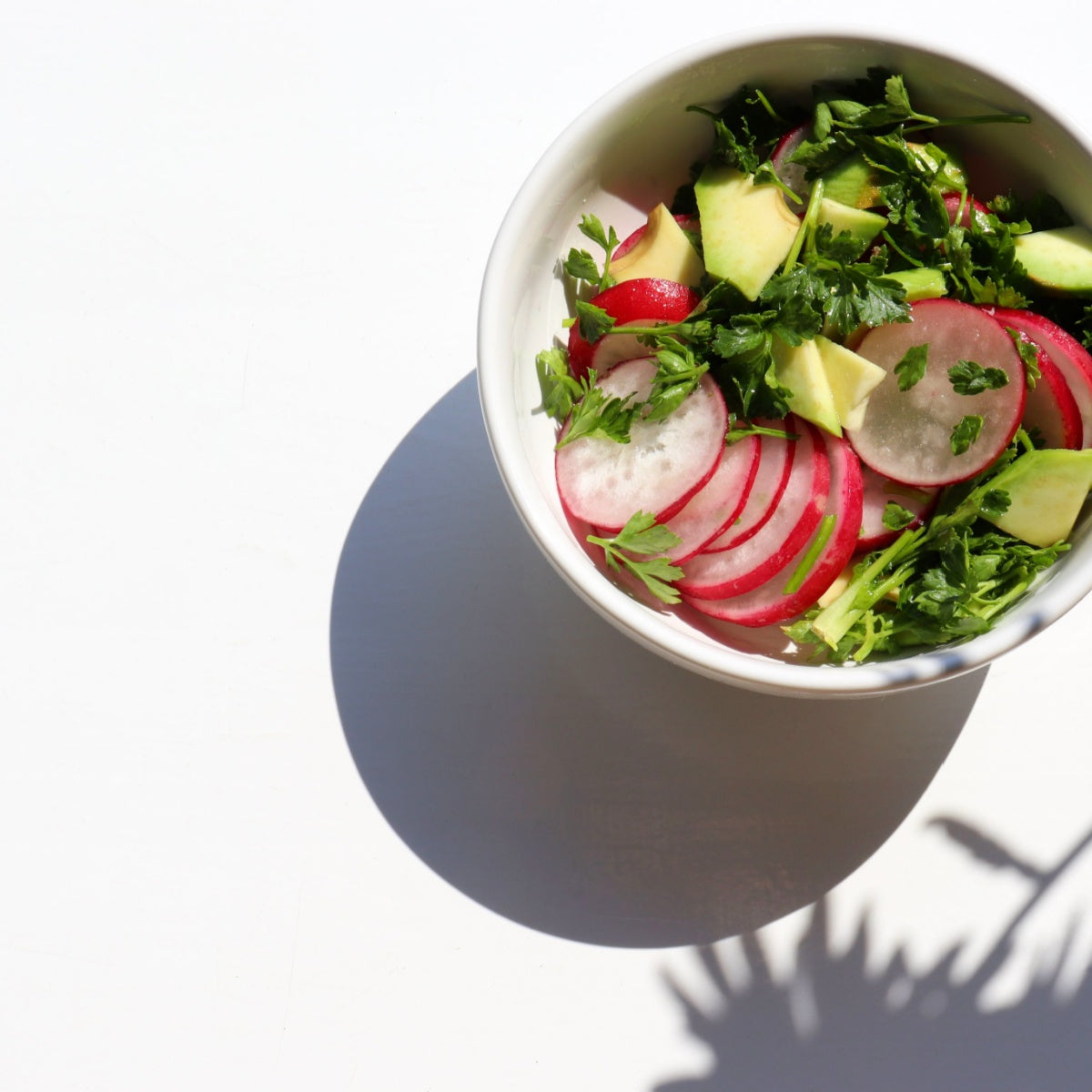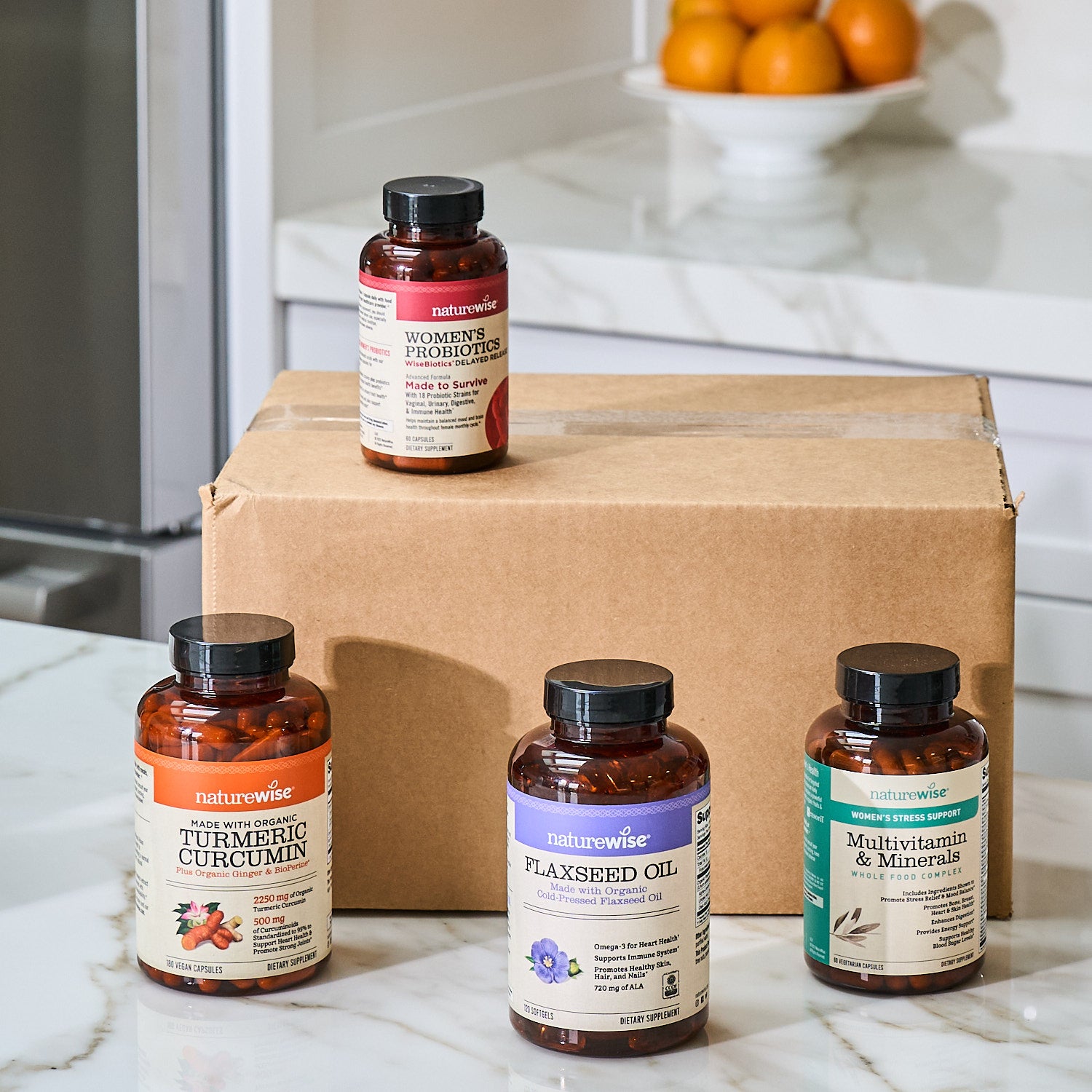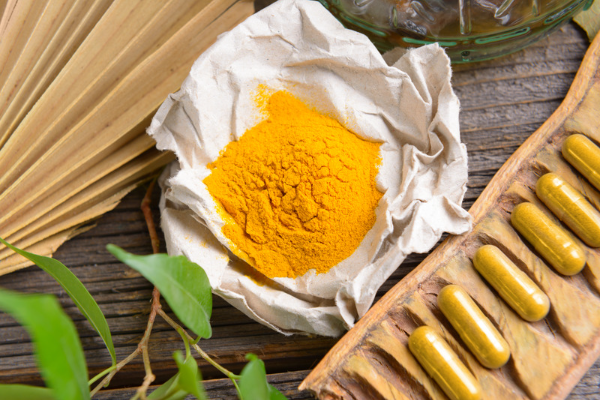In the sea of orange, red, and brown spices you can find at the grocery store, turmeric stands out for its golden color. But this spice wouldn’t be what we know without curcumin, the compound that gives turmeric its bright yellow hue.
But that's not the only reason why people know about curcumin. Curcumin has made a name for itself in the culinary and medicinal spaces due to its antioxidant properties and inflammatory support. As a matter of fact, curcumin has long been used in traditional medicines throughout Asia to treat ailments like jaundice, rheumatism, and more.
If you're looking for more information before you try curcumin, you've come to the right place. Read on to understand how curcumin became and remains such a sought-after supplement after centuries of use:
A Brief History of Curcumin

When we say curcumin is popular, we mean it. For centuries, curcumin has been a hot commodity in dozens of cultures. It dates back to 500 BCE when turmeric became known as a part of traditional Ayurvedic medicine. This ancient Indian system of holistic medicine promoted natural healing, such as plant-based medicines, to promote wellness. During this time, turmeric becomes a well-documented treatment for ailments ranging from congestion and wounds to smallpox and gastrointestinal issues.
Additionally, turmeric became a staple in ancient Chinese medicine as a treatment for abdominal pain and digestive health. Then, turmeric soon became popular in other areas like East and West Africa and the Caribbean Islands for its medicinal properties.
Cut to the present: turmeric remains a common and well-known treatment throughout Asian countries like Pakistan, Afghanistan, and Bangladesh. However, its healing properties are now globally known and highly sought after.
With the understanding that curcumin has a long-standing history in traditional medicine, learn more about the benefits of curcumin:
What does curcumin do?
Promotes a healthy balance of antioxidants
You may have heard of antioxidants before, but do you know why they're so important? Let’s break it down:
Antioxidants neutralize something called free radicals in the body, which is unstable compounds naturally produced when the liver metabolizes food. Other lifestyles can contribute to increased free radical production too, like smoking, alcohol, poor diet, and toxic chemical exposure. But regardless of contributing factors, one thing is for sure: you need to keep your levels of free radicals to a minimum. Free radicals can cause serious cell damage by triggering oxidative stress. In the end, they can play a role in life-threatening conditions like cancer, cardiovascular diseases, diabetes, and more.
That’s where curcumin can step in. Curcumin is a known antioxidant and can support a better balance of antioxidant levels in the body.* The more antioxidants you get, the less harm you receive from free radicals.
Encourages proper inflammatory responses

When you get injured or encounter harmful germs, your body goes through inflammation. Inflammation occurs when the immune system sends white blood cells to the site of an injury to protect itself from germs or toxins.
Temporary inflammation is good as it means our immune systems are responding as they should. However, prolonged periods of inflammation, called chronic inflammation, can indicate that something is wrong. Chronic inflammation complicates our immune response and can lead to severe conditions like diabetes, Alzheimer's disease, cancer, and more.
However, adding ingredients like curcumin to your diet may support the normalization of your inflammatory responses.* In fact, curcumin has even been studied for providing relief to inflammatory-related conditions like arthritis. Even the largest nonprofit organization for arthritis recommends curcumin to help arthritis-related inflammation!
Supports healthy cardiovascular activity
Tragically, cardiovascular diseases (which include conditions like heart failure, stroke, heart attack, and heart disease) are the leading cause of death worldwide. However, up to 80% of these diseases are preventable with a healthy lifestyle, and taking ingredients like curcumin can help secure your heart health.
Curcumin can be beneficial to cardiovascular activity in several ways. First, curcumin may aid in supporting a healthy heart by reducing your cholesterol. Keeping healthy cholesterol levels is essential to your health, as high levels can cause heart attacks or stroke.
Additionally, curcumin's antioxidant properties and ability to support healthy inflammatory responses (as mentioned above) may provide cardioprotective effects*. In other words, it helps to preserve the heart.
